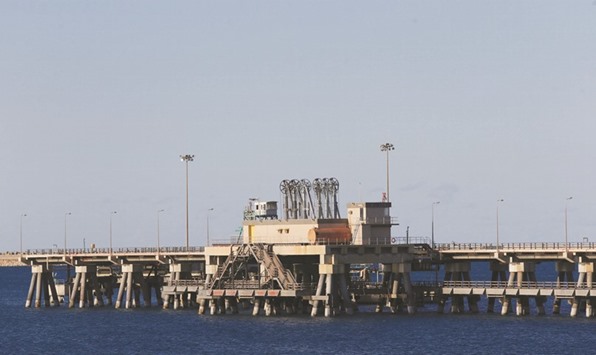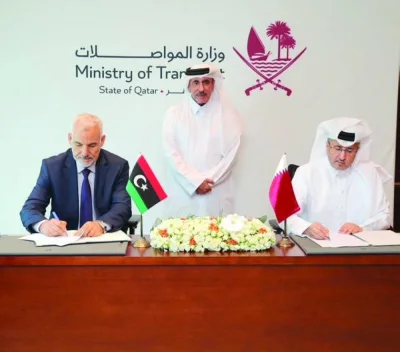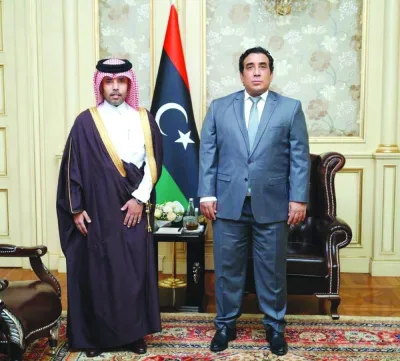Libya is pumping the most oil in more than two years as the Opec member restores output amid progress in mending the nation’s political divisions. The increase adds pressure on the world’s biggest producers who just signalled they may extend production cuts amid a slump in oil.
The North African country’s production has reached 796,000 bpd, Mustafa Sanalla, the chairman of state producer National Oil Corp, said on Monday in a statement. Libya was producing about 700,000 bpd at the end of April, Jadalla Alaokali, an NOC board member, said at the time.
A revival in Libyan output adds to the challenge that the Organisation of Petroleum Exporting Countries and other major producers face after agreeing last year to pump less crude to stem a glut and shore up prices. In separate statements just hours apart on Monday, Saudi Arabia and Russia said publicly for the first time they would consider prolonging their output reductions for longer than the six-month extension Opec is widely expected to agree to when the group meets on May 25. Libya was exempted from Opec’s cuts because of its internal strife.
Political divisions, clashes between armed groups and closures of fields have disrupted output in Libya as the country with Africa’s largest crude reserves struggles to revive its most vital industry. Libya’s feuding administrations agreed last week to unite state institutions and build a national army under civilian leadership after two days of talks in Abu Dhabi.
Libya’s largest oil field, Sharara, is currently pumping about 225,000 bpd, according to a person familiar on Monday. The person asked not to be identified because they lack authorisation to speak to the media. Crude from Sharara started flowing to the Zawiya refinery following a three-week closure.
El Feel, the oil field also known as Elephant, restarted last month as well, after having been halted since April 2015. The resumption of operations at Sharara and El Feel, both in western Libya, has helped lift total national output to the highest since October 2014, when the country pumped 850,000 bpd, data compiled by Bloomberg show.
Fighting in early March caused two of Libya’s main oil terminals to close, forcing a number of fields to stop pumping. The ports, along the central coast, have since reopened. Libya pumped as much as 1.6mn bpd before an uprising in 2011 led to a plunge in output, and it’s currently one of the smallest producers in Opec.
Sharara has a capacity of 330,000 bpd and is operated by a joint venture between Libya’s NOC and Repsol, Total, OMV and Statoil. El Feel, operated by a joint venture between the NOC and Eni, can pump as much as 90,000 bpd. The NOC will sell about 600,000 barrels of Mellitah blend crude from El Feel in a tender to be announced after mid-May, a person familiar with the situation said. The Mellitah sale will be the first since the field halted in 2015, the person said, asking not to be identified because they lack authority to speak to media.

A view of the industrial zone at the oil port of Ras Lanuf, Libya. A revival in Libyan output adds to the challenge that Opec and other major producers face after agreeing last year to pump less crude to stem a glut and shore up prices.


